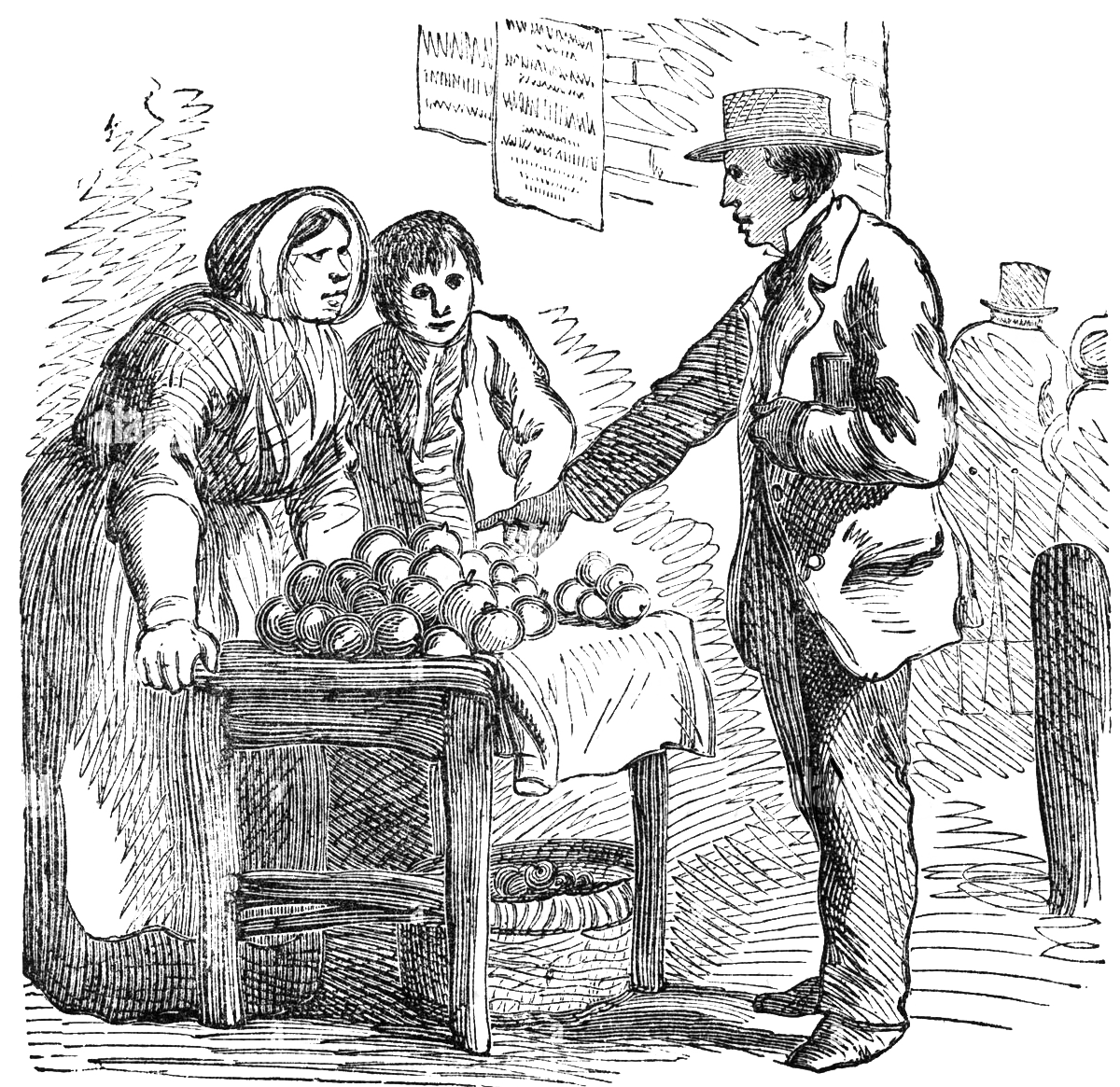
Imitation is the primary, most fundamental, and essential mode of human learning. We learn our native languages through imitation of sounds and association during the formative years of our lives as toddlers. We learn practical things like etiquette and social norms by first watching our parents, then later by watching everyone else. And we learn ethics and basic morality from observing people around us and how they treat each other. You’ve probably heard that you aren’t judged on your character or intention, but on your actions, and that’s very true. C.S. Lewis once said: “What you are matters more than what you do, but what you do is evidence of what you are.” So, what we are inside (good, bad, or in between) shows through what we do and what we do shapes who we are. In other words, to have virtue is to imitate and practice virtue.
Aristotle said that virtue is not a single act or a state of being, but forming good habits through repetition. He even compared it to exercise – that it’s hard at first, but once you begin and keep at it for long enough, you start to need and enjoy it, and it eventually becomes second nature, or maybe even first nature if you’re good enough at it. This is a crucial part of Christianity as well, which unfortunately manifested as this catchy and altogether annoying phrase you may have heard that I believe originated (or at least found its popularity) in the cultural wasteland that was the 1990s: “WWJD” (What would Jesus do?).
We learn what it’s like to be a good friend while learning how friends sometime take advantage of our kindness and generosity. We learn what it’s like to be a good employee while learning how institutions can (and often do) take advantage of our dedication and personal needs. We may fall in love and learn what it’s like to be a good partner while also learning how some people can be destructive, both to us and themselves. We even learn how to be good friends and partners through the unfortunate process of being bad ones, some of us leaving a trail of hurt feelings, grudges, and broken hearts through the decades in our learning curve.
It’ll be a hard road and a pretty tough learning curve at that. We win some battles and lose others. And, if we’re being realistic, we will sometimes be taken advantage of and other times we’ll even catch ourselves taking advantage of others, maybe without even knowing it at first. But don’t worry about it, just be aware and know that it’s all part of the whole life thing – the shared human experience that is simultaneously both unique to each of us and common to all of us. And that it ultimately helps us to know people by their works.
Jesus said it much better than me when we compared people to fruit trees: “Beware of false prophets, who come to you in sheep’s clothing, but inwardly they are ravenous wolves. You will know them by their fruits. Do we gather grapes from thornbushes? Every good tree bears good fruit, but a bad tree bears bad fruit. Every tree that does not bear good fruit is cut down and thrown into the fire. Therefore by their fruits you will know them.” If we can manage to sweep away our preconceptions and our inherent, survival-driven narcissism, then hopefully we can look at people’s fruits objectively and know them by their character as evidenced by their actions.